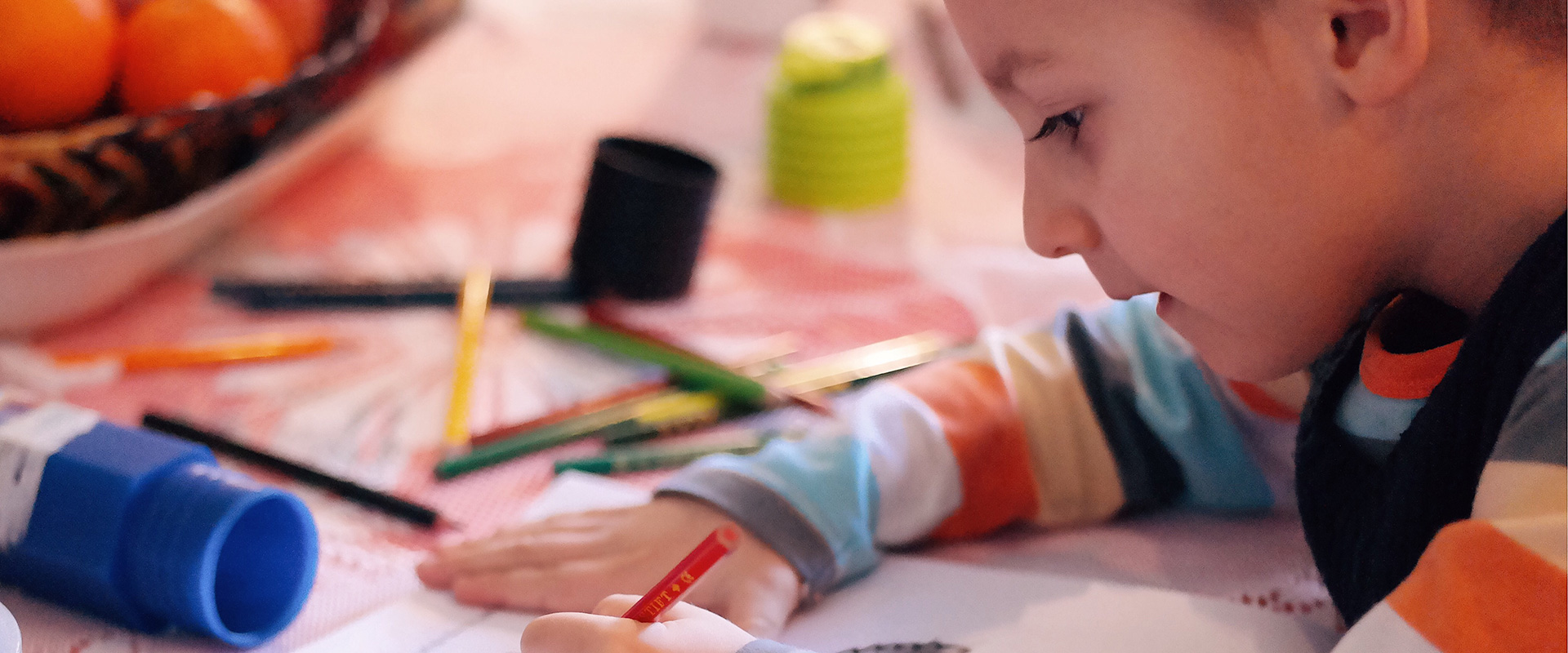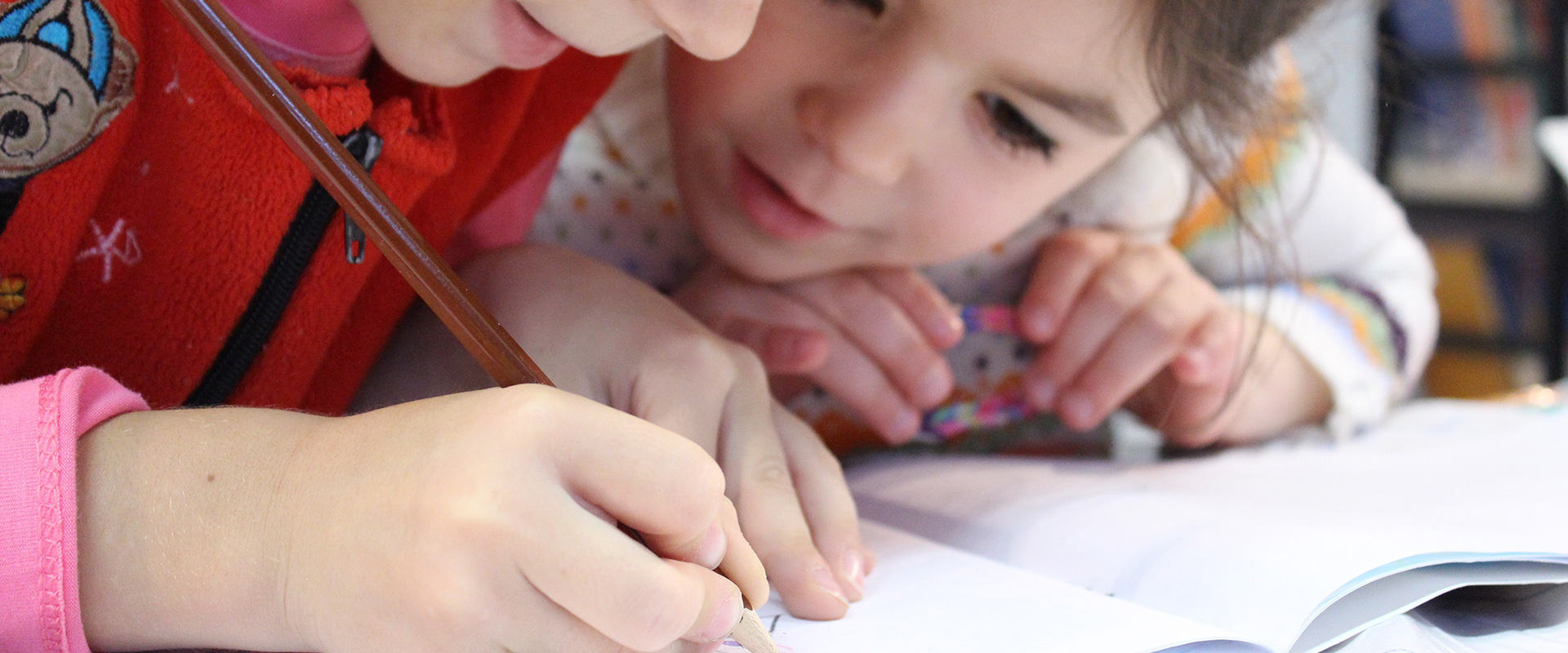Assessment/Evaluation – We offer a range of evaluation services, including comprehensive neuropsychological evaluations, educational testing, cognitive evaluations for school placement, and school observations or other behavioral evaluations.
Neuropsychological, Psychological, & Educational Testing
Educational Evaluation for Specific Learning Disability
Cognitive Evaluation for School Placement
School or Other Behavioral Observations
Neuropsychological, Psychological, & Educational Testing

Generally, we see school-aged children (i.e., preschool through college) who are struggling behaviorally, emotionally, socially, or academically. For the large majority of our patients, the referral concerns are related to one or more of the following: attentional difficulties, adjustment issues, anxiety, autism spectrum disorder, behavioral challenges, executive functioning issues, learning disabilities (including LBLD and NLD), parenting challenges, and social skill weaknesses.
In order to provide comprehensive impressions and recommendations, the evaluations that we conduct typically involve 20-25 hours of professional time, some of which is billable to insurance and some of which is not. Specifically, our evaluation approach pairs neuropsychological testing with a comprehensive educational evaluation, in order to obtain an in-depth understanding of the child’s performance across domains.
The evaluation process begins with a clinical intake, which is typically about an hour and involves both the parent and the child. Following the intake, we review supporting documents (e.g., medical records, school records, and other information about the child’s developmental and educational history). This information allows us to determine a) if testing is warranted and medically necessary, and b) what specific tests are needed in order to effectively answer the referral question(s).
The next step is for the child to participate in formal testing, which may range from four to six hours of direct, face-to-face administration. In addition to formal testing, evaluations also typically include some combination of social, emotional, behavioral, and adaptive rating scales, and up to 30 minutes of phone interview/consultation with school professionals (with parent consent).
After all relevant information is collected, we then spend time scoring tests and developing the conceptualization that will inform our impressions and recommendations to the family. A feedback meeting is scheduled for approximately one to two weeks after the final testing session. Feedback meetings are typically for parents and any other relevant adult professionals (e.g., educational advocates), though in some cases, it may be appropriate to have older teenagers participate. Most often, an additional feedback meeting is scheduled to provide evaluation information directly to the child or adolescent, if desired and appropriate.
Educational Evaluation for Specific Learning Disability

Although a complete neuropsychological and educational evaluation is most appropriate for the large majority of referred clients, there are some cases where a thorough, educational evaluation is most appropriate to specifically identify a learning disability or monitor progress. For example, if a complete neuropsychological evaluation was previously completed and recommendations were offered to address social and emotional issues before a learning disorder could be ruled in/out, a specific educational evaluation may be warranted after the child has responded to social and emotional interventions. This service can be offered on a case-by case basis, and we encourage you to contact us for more information
Cognitive Evaluation for School Placement

If your child is applying to a private school that requires a cognitive evaluation for admission, we offer cognitive testing separate from the full neuropsychological evaluation. We have access to multiple tests of cognitive/intellectual functioning, but if your desired program requires one in particular (e.g., WPPSI-IV, WISC-V), please do let us know at the time of booking. The evaluation process typically can be completed in one day during an approximate 2-hour session. A report is then prepared within two weeks, and a brief feedback meeting (approximately 30-minutes) is provided, typically by phone.
School or Other Behavioral Observations

In some cases, it is helpful to have licensed psychologist observe a child in his/her classroom, a social context, or another environment. The frequency/duration of the observation(s) is determined on a case-by-case basis, often informed by a review of relevant clinical information and input from other relevant stakeholders (e.g., parents, teachers, therapists, etc.). If you are interested in having your child observed, please contact us and we can discuss the specifics of the case, so that you have a clear understanding of the process. Please know that these observations are not considered “medically necessary” and are not covered by insurance.

